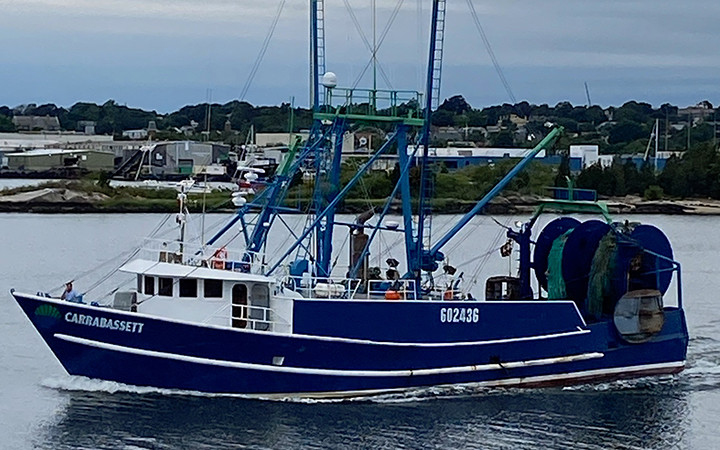Massachusetts members of Congress are demanding an explanation of Bregal Partners’ liquidation of Blue Harvest Fisheries in New Bedford, Mass., in a letter listing how the international investment firm walked away from an estimated $100 million in debts.
The Feb. 12 letter from Sens. Elizabeth Warren, Edward Markey and Rep. William Keating, all D-Mass., presented a list of itemized questions to Charles Yoon, a managing partner at Bregal’s New York City office.
“After years of putting private equity profits ahead of workers and small businesses, Bregal Partners – which owned and stripped Blue Harvest of its assets – owes the community an explanation,” the lawmakers wrote. “Your actions have harmed New England’s fishing industry and left over 1,000 independent contractors, businesses, and other creditors saddled with debt.”
The letter and its dense footnotes lean heavily on reporting by the New Bedford Light and ProPublica which have followed the rise and fall of Blue Harvest. Initially welcomed in 2015 by the fishing industry and New Bedford city officials fearing an exodus of groundfish and scallop vessels, the enterprise imploded Sept. 1, 2023 with a sudden shutdown of its operations, soon followed by a Chapter 7 bankruptcy filing.
“We write today – soon after the final sale of the last of bankrupt Blue Harvest Fisheries’ assets – to seek information on the disposition of funds and the failure to pay over $100 million in debts owed to more than 1,000 independent contractors, businesses, and other creditors,” wrote Warren, Markey and Keating.
“Bregal’s actions with respect to Blue Harvest have left local small businesses and workers holding the bag after your firm spent years price gouging, mistreating workers, saddling consumers with junk fees, and stripping assets,” the lawmakers wrote.
“Two years ago, Bregal Partners and Blue Harvest reportedly began selling off Blue Harvest’s most valuable assets,” according to the letter. Bregal’s claims in the bankruptcy case “are inconsistent with the fact that Bregal Partners netted an estimated $100 million for itself by selling off assets in the two years prior to declaring bankruptcy.”







